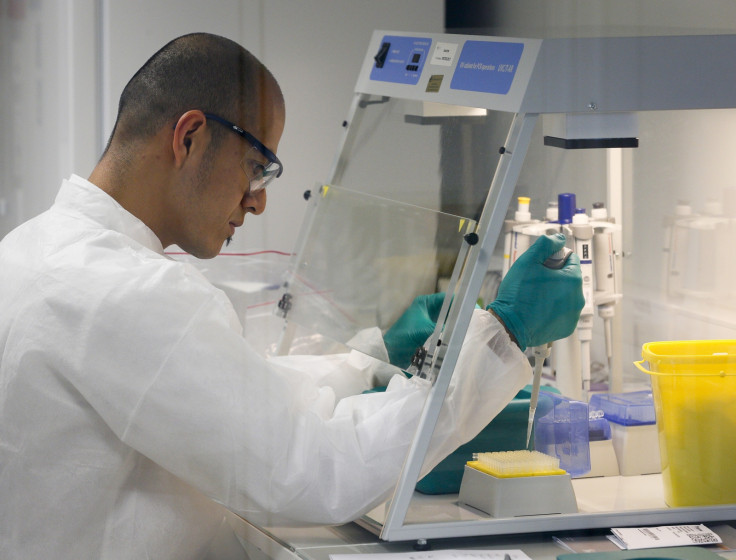Climate Change Link to Infectious Diseases Clearly Revealed in Study on Buruli Ulcer

A study has established clear links between emerging, new infectious diseases and climate change.
While it is believed that climate change alters transmission dynamics by modifying temperature and humidity as also affecting the biological cycles, and life history traits of the microbes, a clear link has eluded researchers due to insufficient understanding of the phenomena.
Now, the study by IRD (Institut de recherche pour le développement) researchers and partners has shown the relationship over a 40-year period between climate change and epidemics of a disease emerging in Latin America: Buruli ulcer.
Looking at changes in rainfall in the region with changes in the number of cases of Buruli ulcer recorded in French Guyana since 1969, the team arrived at its conclusion.
Rising temperatures led to more frequent El Nino events causing waves of droughts in the region.
The decrease in rainfall and runoff led to an increase in areas of residual stagnant water, where the bacteria responsible, Mycobacterium ulcerans, multiplied.
Swampy habitats caused by such weather were frequented by humans when fishing and hunting. Thus human exposure to the bacteria increased.
The study also goes to prove that less rainfall does not necessarily mean a decrease in the prevalence of infectious diseases.
The findings have been published in Emerging Microbes and Infections – Nature.
The fourth and final volume of the Intergovernmental Panel on Climate Change's climate assessment released a few days ago has warned about the consequences of ignoring climate change.
To keep warming below 2°C, the world will have to cut greenhouse gas emissions between 40% and 70% by 2050 and gradually reduce this to zero by 2100. Above this threshold temperature, the effects would be disastrous.
As warned by UN Secretary General Ban ki-moon and IPCC's head R Pachauri, the cost of inaction will be high.
Infectious diseases like leishmaniasis, West Nile fever, etc are causing one third of deaths around the world, according to the WHO. Amost 44 million people were affected in the last three decades from infectious diseases, said a study focusing on increasing outbreaks.
© Copyright IBTimes 2025. All rights reserved.





















